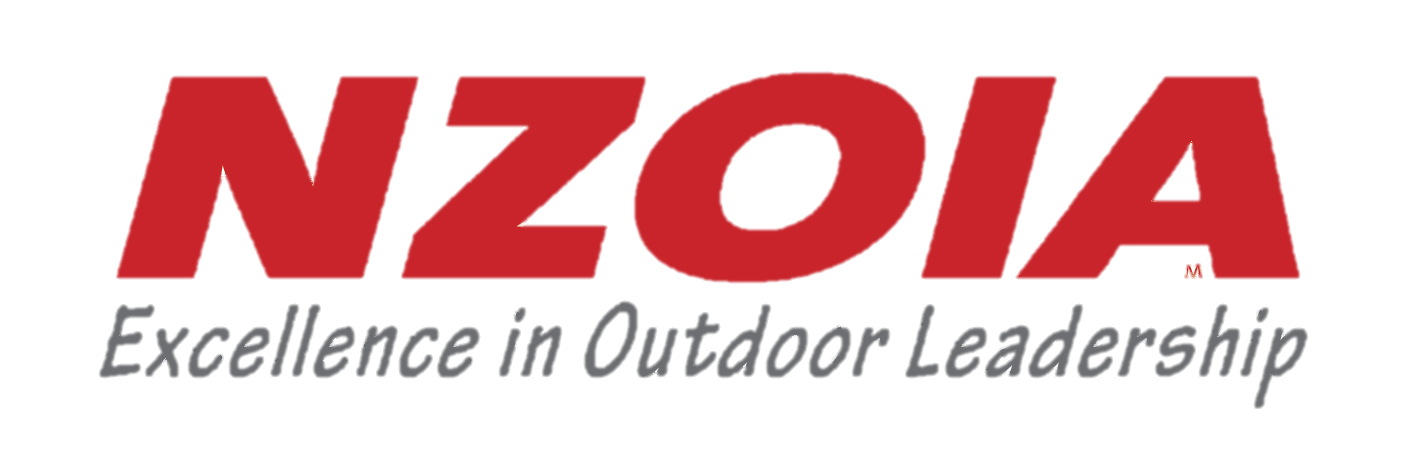Assessment
Check out the information below to ensure you are well prepared for a successful outcome.
NZOIA assessments are designed to give candidates the opportunity to demonstrate their knowledge and skills both personally and professionally as an instructor or guide.
During the assessment, candidates are required to complete a variety of tasks that enable the Assessors to gain an understanding of the candidate's standard of competence.
The tasks can take the form of written work, practical demonstrations, presentations and discussions.
Assessors strive to create a non-threatening environment where communication is open and the process is transparent. We aim for assessments to be a positive learning experience. Assessments are a great way to see where you are at with regards to industry good practice and are opportunities to learn from other instructors and guides.
Assessments range from 1 - 6 days depending on the discipline. About half this time is spent working with model clients. You can expect to have up to eight candidates on your assessment and at least one Assessor to every four candidates.
NZOIA courses can involve long and intense days. Avoid going into a course fatigued as this could affect your performance and become a safety issue. Driving home tired can be a significant risk. Plan to stay an extra night or share driving responsibilities for the journey home.
Read the Feedback & Results process below for more detail.


